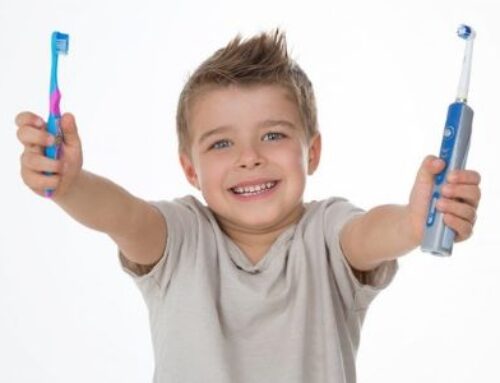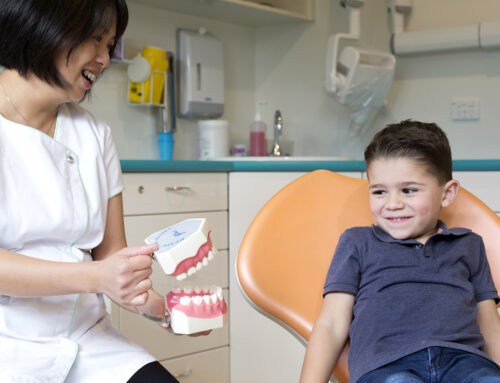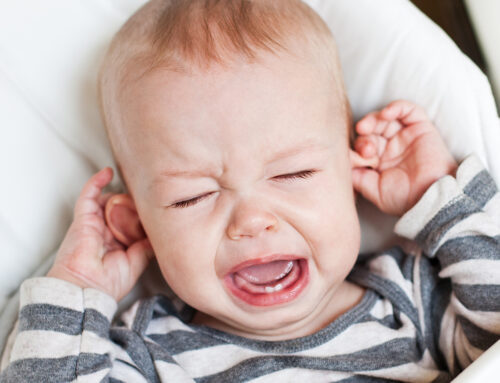Sucking in babies, whether this is thumb, finger or dummy, is part of normal, healthy development. In the very early stages of life, dummy sucking is not a concern, however if it continues, it can cause changes to the teeth and jaws.
What are some of the problems we see with prolonged dummy sucking?
Many of the kids we see with prolonged dummy habits often do have issues with their teeth and jaws. Long term dummy use may result in the following:
- Incorrect positioning of the teeth – the most common is the development of an “anterior open bite”, where the front top and bottom teeth don’t touch when the back teeth bite together.
- Mouth breathing
- Speech and language issues
What are the chances of dummy use impacting my child’s dental development?
In short, this depends on multiple factors such as:
- The intensity of sucking
- How long the dummy is used for
- How often the dummy is used
An older child who has a dummy in their mouth all day is much more likely to have issues than a 4 month old baby who uses a dummy just to go to sleep.
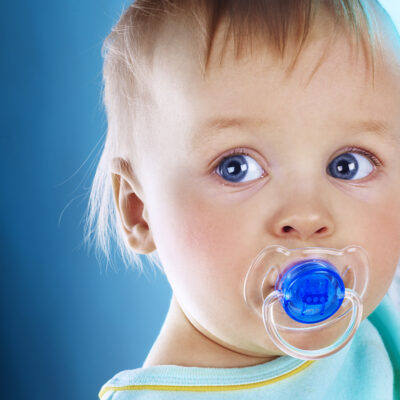

When should we stop using a dummy?
In an ideal world, around 6 months old. This is when babies start to eat solids and start developing their chewing muscles; however, most children cease dummy habits between the age of two and four. Our recommendation is the earlier, the better as the longer the dummy is used, the harder it is to stop.
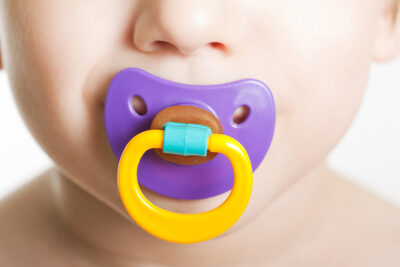

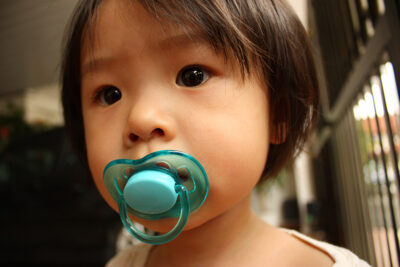
OUR TOP TIPS FOR DUMMY USE:
1. Try to stop using the dummy at around 6 months old – this is when babies start eating solids, and at this stage their chewing muscles require development.
2. It is best not to use a dummy unless you’re trying to calm your baby.
3. Try to limit dummy use just to sleep time.
4. Avoid allowing your child to walk around with a dummy in their mouth. Injuries can happen with toddlers and dummies. This also impacts on their ability to learn facial expressions and speech.
5. Never put anything sweet on a dummy as this will significantly increase risk of early childhood caries.
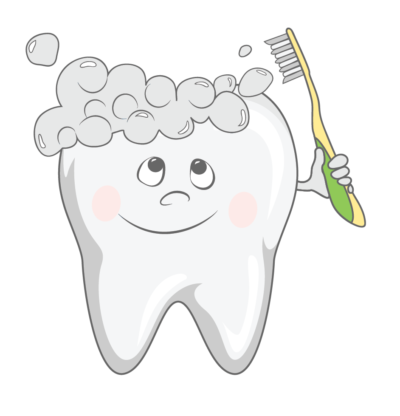
OUR FREQUENTLY ASKED QUESTIONS!
USEFUL DENTAL RESOURCES AND FURTHER READING
A great article from the team at BetterHealth Victoria
https://www.betterhealth.vic.gov.au/health/healthyliving/dummies#encourage-your-child-to-stop-dummy-use
Thanks to our wonderful Oral Health Therapist, Carlee.
She works at both the Essendon clinics.
If you would like to talk to her or any of our amazing team, about this or any other questions you may have, please contact us on 03 9372 8960.

